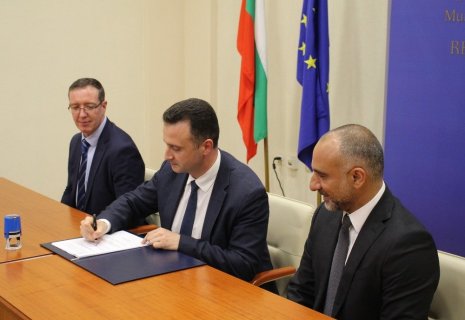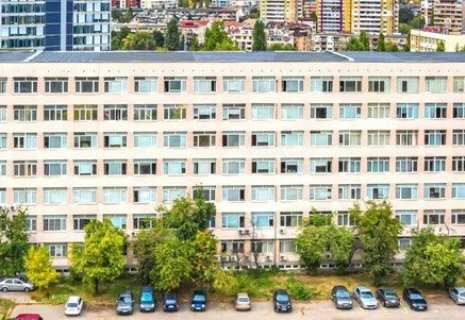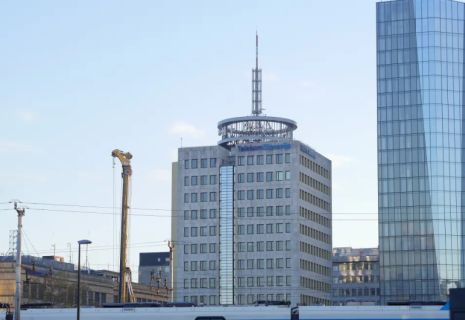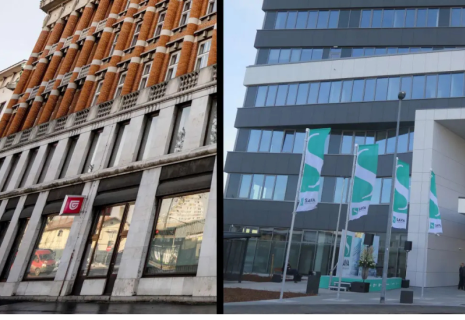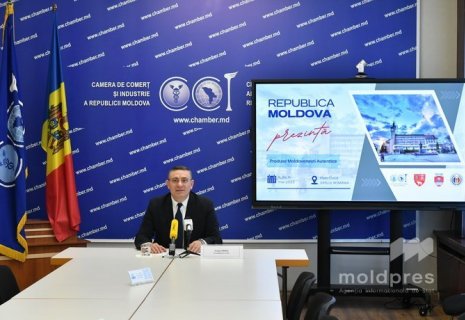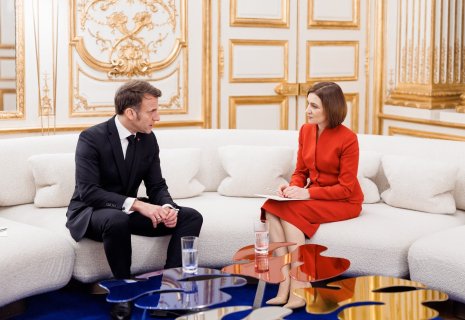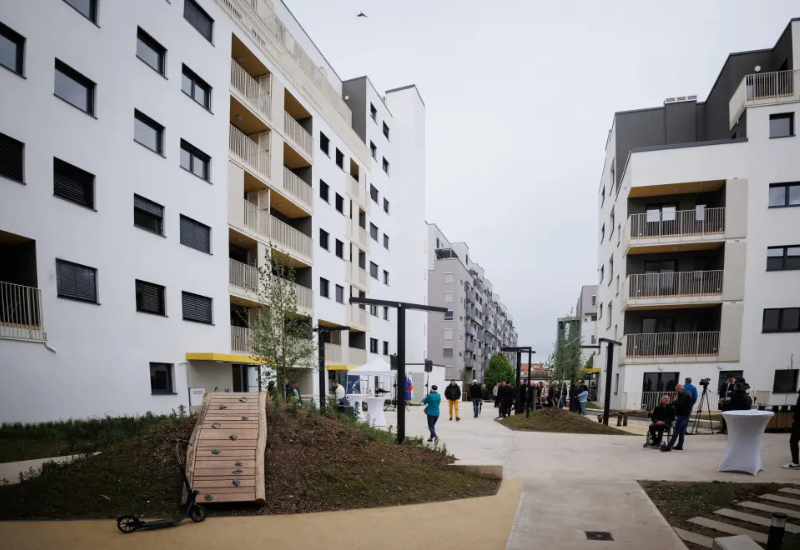
New property tax on the horizon
The Slovenian government has confirmed a blueprint for a property tax designed to increase the supply of rental properties and drive down rent, CE Report quotes The Slovenia Times.
A tax equivalent to 1.45% of the generalised value of a property would be levied on residential properties owned by individuals and businesses. An owner's first property would be exempt, but any second homes and additional building land they own would be liable.
If such a second home is rented out, the existing rental income would count towards the new property tax, in some cases cancelling it out completely. Short-term tourist rentals would not enjoy this tax benefit.
Eye on increasing supply
The government sees this as a crucial step to increasing the supply of second-hand homes and consequently reducing rent because it would entice owners to rent out properties long-term and registering such rentals, rather than holding on to empty properties as an investment, or renting them on the black market.
"An owner's first property will not be taxed, others will, with one purpose: to stimulate the utilisation of real estate, not as investments but as housing," Prime Minister Robert Golob said as the plan was unveiled on 23 December.
Building land will be taxed as a means of improving the supply of land for housing.
The new tax will not affect the existing local tax known as compensation for the use of building land, which is levied on all buildings, not just residential properties, but at a very low rate.
However, it would replace an existing property tax on homes in excess of 160 m2 and second homes. This tax is levied only in a handful of municipalities.
Finance Ministry data show 680,000 residents own one property, with 124,000 having two or more properties that will be liable for the new tax.
Revenue neutral operation
According to government plans, this would be a revenue-neutral system as all tax receipts, currently estimated at €600 million, will be directly offset with lower taxation of labour that will increase take-home pay.
"We're counting on increasing the supply of real estate, both for rent and sale, while at the same time raising household purchasing power, especially of young people," said Golob.
The property tax would thus be coupled with additional income tax breaks that Finance Ministry calculations show would increase take-home pay by €320 per year for those on minimum wage, and €520 for those earning average wage.
"We will directly fulfil two main goals: improving the situation on the housing market, in particular for young people, and reducing the tax wedge on labour to improve competitiveness," Finance Minister Klemen Boštjančič said.
Long history of failed attempts
Golob's is just the latest government to try and introduce such a tax in the last decade-plus, but most previous attempts had a much broader tax base, including residential as well as commercial and agricultural property.
In 2013 a wide-ranging real estate tax act was put in place, but it was struck down by the Constitutional Court a year later after determining that the way property values are determined was unconstitutional.
Subsequent governments have tried to introduce a similar system but all attempts stopped short, having been met with strong public disapproval.
Slovenia has for years been urged by organisations such as the OECD to introduce a real estate tax because property taxes are relatively low compared to other countries.
The government plans to conduct a wide-ranging public debate through the end of January and pass the law next year, so that it may take effect in 2026.

